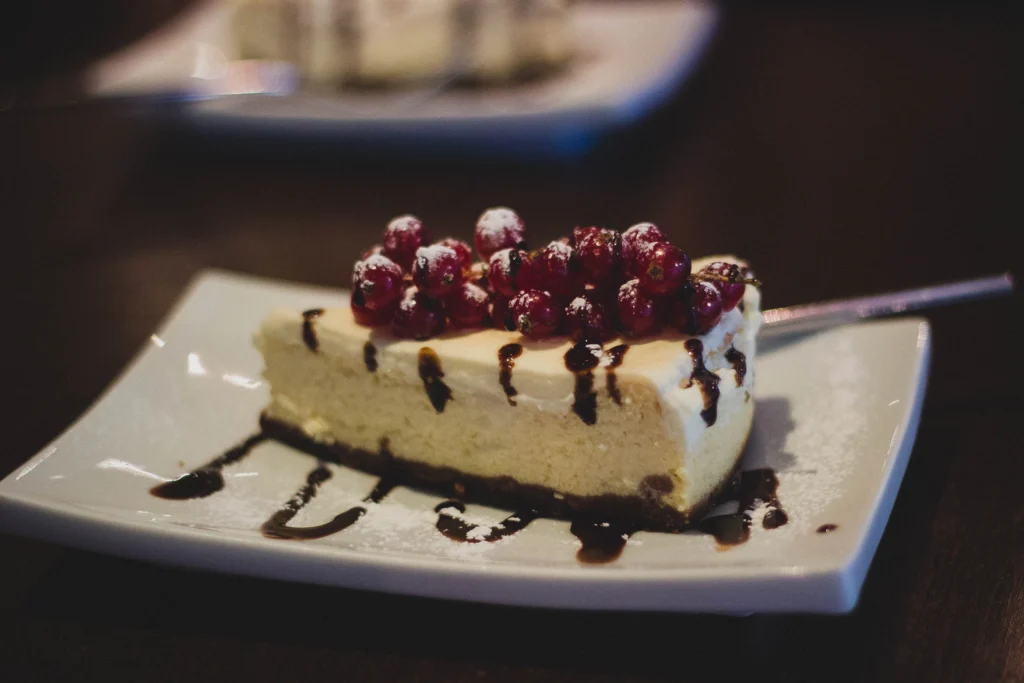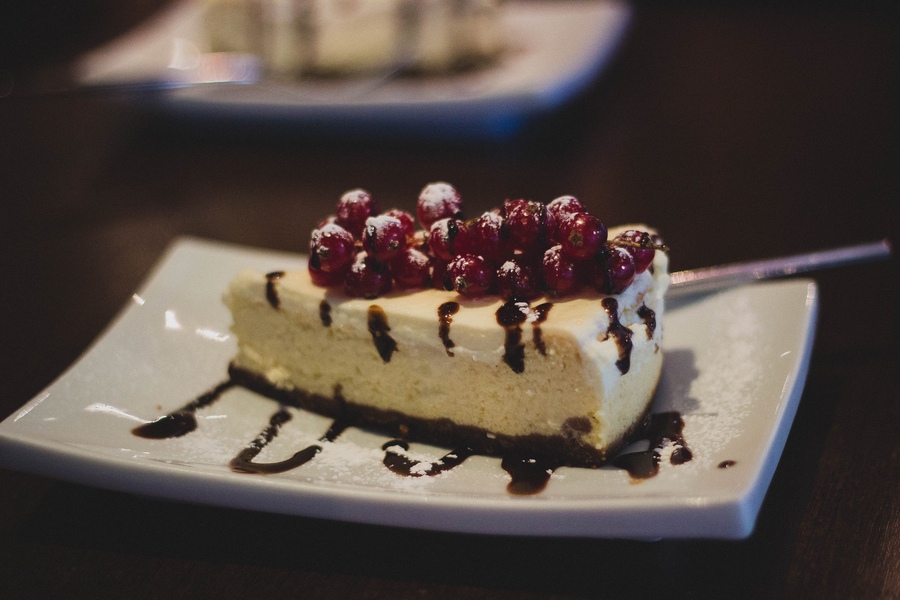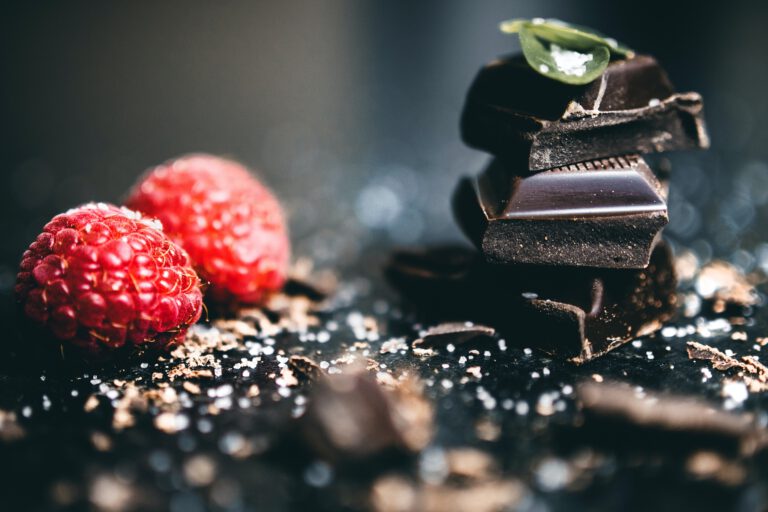Today is episode four of my long running series on the evils of sugar. I have uncovered some surprising evidence about how detrimental sugar is to your health. In the first episode I talked mainly about my experiences giving up sugar. In the second episode I talked about sugar and dementia and last week sugar and its effects on kids.
I was originally only going to talk about sugar and mental health, but today I would like to focus on something that most people think of when eating sugar and that is dental health. The main reason for this is my personal experience. I normally go to the dentist regularly, very six months or 12 months. Due to the pandemic, I didn’t get around to seeing my dentist for about 2 years and was very surprised to find out I don’t have any cavities or any problems with my teeth at all.
Normally I will need some work done every year. I am not a flosser and I normally brush my teeth twice a day, but I stopped eating sugar about 14 months ago and I don’t eat anything intentionally with sugar in it. There may be the occasional piece of fruit that has sugar in it, but that is about all. I was hoping for this result as I had recently read about what sugar does to your teeth, which was surprising to hear.
First of all, I was surprised to find out how tough tooth enamel is. It is the hardest part of the human body, harder than bone and even harder than steel. So I guess that means our teeth are even stronger than Superman’s. So why do we get tooth decay from sugar? That is because sugar in, for example, sugary drinks can cause our salivary pH to drop. Bacteria enter the mouth to break down the sugar and release 3 kinds of acids, lactic, butyric and aspartic acid, which cause the pH in the saliva to drop and subsequently erode the enamel on your teeth.
It is scary that sugar, a sweet substance in our favourite snacks drinks and candy bars can destroy something harder than steel. It is just another reason to give it up completely.
storysolutionstherapy@gmail.com
https://www.facebook.com/CounsellorTrent/
https://twitter.com/Story_Solutions
https://www.ncbi.nlm.nih.gov/pmc/articles/PMC4802044/











